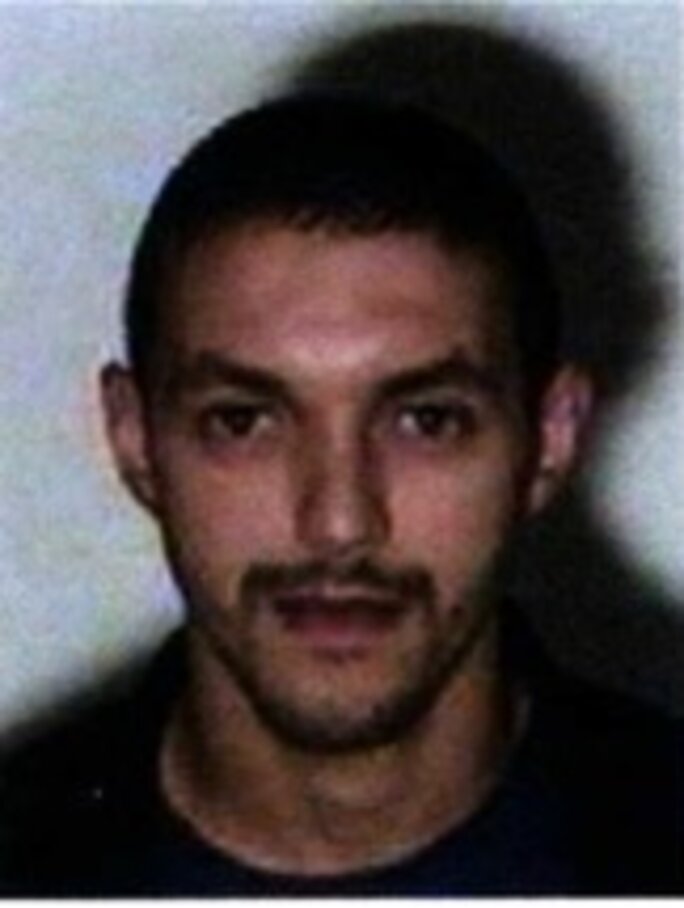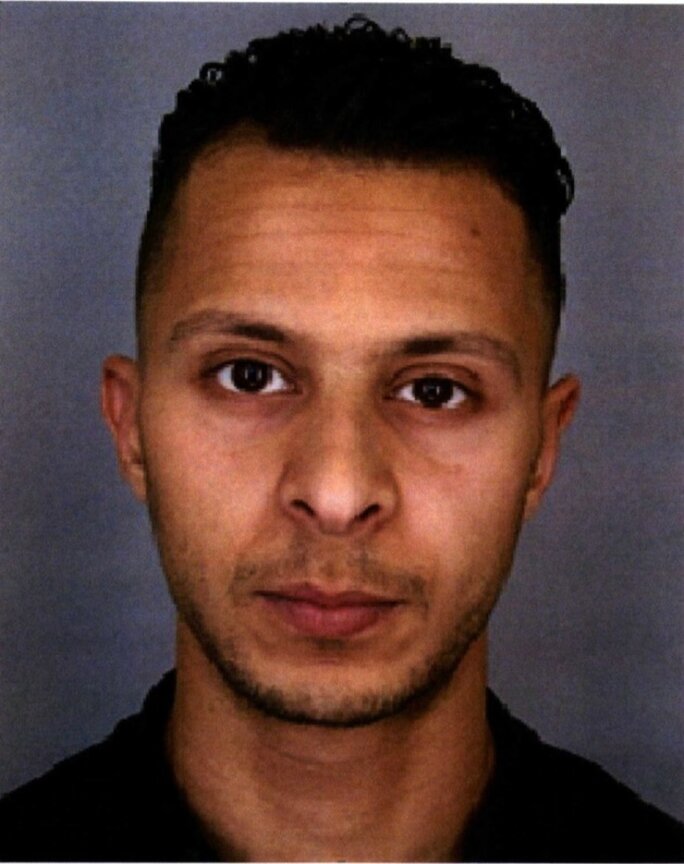In February 2015 Abdelhamid Abaaoud, who later led the November 13th attacks in Paris, taunted the Belgian authorities and agencies in the rest of Europe who were hunting him after his jihadist group had just been 'neutralised' at Verviers in Belgium. In an interview with Islamic State's English-language publication Dabiq, Belgian national Abaaoud justified the planning of attacks against the country of his birth : “As you know, Belgium is a member of the Crusader coalition that is attacking the Muslims of Iraq and Syria.”

Enlargement : Illustration 1

Abdelhamid Abaaoud himself later died in a raid by French police at Saint-Denis in northern Paris just after the November attacks. But the threat to Belgium has remained a constant one. In a report dated January 18th, 2016, the European Union's law enforcement agency Europol said: “There are very strong pointers to another series of attacks planned by Islamic State taking place in Europe, certainly in France or in Belgium.” That threat became a reality in Brussels on Tuesday March 22nd when at least 31 people died in separate bomb blasts at the airport and a metro station.
Naturally enough, attention has turned to those who were involved in the November 13th attacks in Paris and survived, even though one of its chief organisers, Mohamed Belkaïd, was killed and its suspected main logistical coordinator Salah Abdeslam was arrested by Belgian police just last week. On Sunday March 20th, two days before the Brussels bombings, the Belgian foreign minister Didier Reynders stated that Salah Abdeslam had been “ready to do something again. We found many heavy weapons during our investigations and we saw a new network gravitate around him in Brussels.”
The emergence of terrorist networks in Belgium has been facilitated by the relative ease with which jihadists based there seem to be able to get their hands on arms and explosives. Abdelhamid Abaaoud told a fellow jihadist – who has since renounced his involvement – in Syria that he and others “had succeeded in finding 25 kilos of TNT in Belgium”. Questioned by French police, a neighbour of Salah Abdeslam described a episode in 2015 when Salah Abdeslam took two Kalashnikovs, an automatic pistol and three grenades from the boot of his car parked in woods between Dunkirk and Berck in the north of France, and invited his friend to open fire. “He told me that it came from Belgium, without giving any more details. It was easier for him to get them [there],” said the neighbour. On another occasion Salah Abdeslam, who was not yet known as a jihadist, showed off “five or six Kalashnikovs, four revolvers and a long brown tube”. Based on the neighbour's description of this tube it may well have been a rocket launcher.
On top of weapons, there were footsoldiers available too in Belgium, as out of at least four men who were being hunted for having played a part in the November 13th attacks in Paris, three were known to have still been in Brussels last week. One of them was Najim Laachraoui, who until now had been known under the alias Soufiane Kayal, and who was publicly named as a wanted man by Belgian prosecutors on Monday, the day before the Brussels attacks. On September 9th, 2015, he was stopped and his identity was checked at a lay-by on the Austro-Hungarian border with Mohamed Belkaïd and Salah Abdeslam. Moreover his DNA was found on explosive materials used in the November 13th attacks. He had also been hiding with Salah Abdeslam before Belgian police arrested the latter last Friday. Najim Laachraoui was suspected of being one of the men pictured on CCTV footage at Brussels' Zaventem airport shortly before the explosions there. He was later confirmed as having been one of the two suicide bombers at the airport.
Brothers Khalid and Brahim el-Bakraoui, who fled after a shoot-out in the Forest area of south-west Brussels a week ago, are also among the suspects and have been identified as the suicide bomber at the Maelbeek metro station and the second airport bomber respectively. Khalid el-Bakraoui is suspected of having rented a hideout at Charleroi in Belgium where the November 13th attackers stopped before heading off to Paris. He is also said to have rented the Brussels flat where Salah Abdeslam was hiding.

Little has been said about a fourth suspect since the November 13th attacks. He is Mohamed Abrini, a 31-year-old Belgian who was spotted on board one of the three cars that took the attackers to Paris. Abrini made the journey with Salah Abdeslam. Their black Renault Clio was spotted at Roissy-Charles-de-Gaulle airport on the outskirts of Paris at 6.10 p.m. on November 13th. Since then there has been no news of him.
A jihadist who trains with his weapons several times a day
The four men just mentioned were official suspects. But Mediapart understands that another person close to Abdelhamid Abaaoud has also been the focus of attention of European intelligence services for several weeks. American eavesdropping operations flagged his enthusiastic response to the Paris attacks last November, while other more recent information suggests that he might have taken over the role carried out by Abaaoud, whom he knew in Syria.

Enlargement : Illustration 3

In addition to these individuals there are the Belgian jihadists identified by former activists who apparently returned to Europe from Syria and Iraq in 2015 to carry out attacks. These include two Belgians of Moroccan origin who are, according to a Frenchman who mixed with Abaaoud and his friends, part of Islamic State's “secret external service”. The Frenchman stated: “They are dangerous and know all about weapons, I think they're in Europe, I don't know where they are exactly.” Another person being sought is a Muslim convert in his thirties who has a big light-brown beard and light-coloured eyes. While he awaits instructions on a suicide mission he is said to be “training drawing his weapon several times a day”.
French jihadist Reda Hame, who was arrested in Paris on August 11th, 2015, had been instructed by Abdelhamid Abaaoud to carry out a mass killing at a concert hall. During his questioning, details of which were revealed by Le Monde, the apprentice terrorist warned the intelligence services about future attacks. “I can tell you that it's going to happen very soon. Over there [editor's note, an IS training camp in Syria] it's a real factory, and they're really looking to strike in France or in Europe … people are preparing over there.”
Two days before he died Abdelhamid Abaaoud, who led the November 13th attacks, had predicted to his cousin and her friend that “there were going to be attacks everywhere and … that those who are going to carry out the attacks are already ready”. He boasted of having 90 potential suicide attackers based in the Paris region. At the time he predicted apocalyptic attacks at Christmas, though nothing materialised.
Yet though Paris did not suffered those predicted attacks, the boss of France's domestic intelligence agency the DGSI was anything but triumphant when he spoke to the French Parliament's foreign affairs and defence committee on February 17th, 2016. “We have information as to the presence of fighters on European soil, whose whereabouts and objectives we do not know,” Patrick Calvar admitted.
On June 25th, 2015, a Frenchman arrested on his return from Syria tried to negotiate his freedom. The man, who was being held in custody, said: “I know two [Islamic State] methods of recruiting people in Europe to attack, to enter Europe, but I don't want to tell you them now. I'm waiting for guarantees from the judge. I've got information to stop attacks in Belgium and in France,” he promised. He tried the tactic again after the November 13th attacks, but with no more success.
------------------------------------------------------------------------------
- The French version of this article can be found here.
- The Spanish version of this article can be found here.
English version by Michael Streeter


